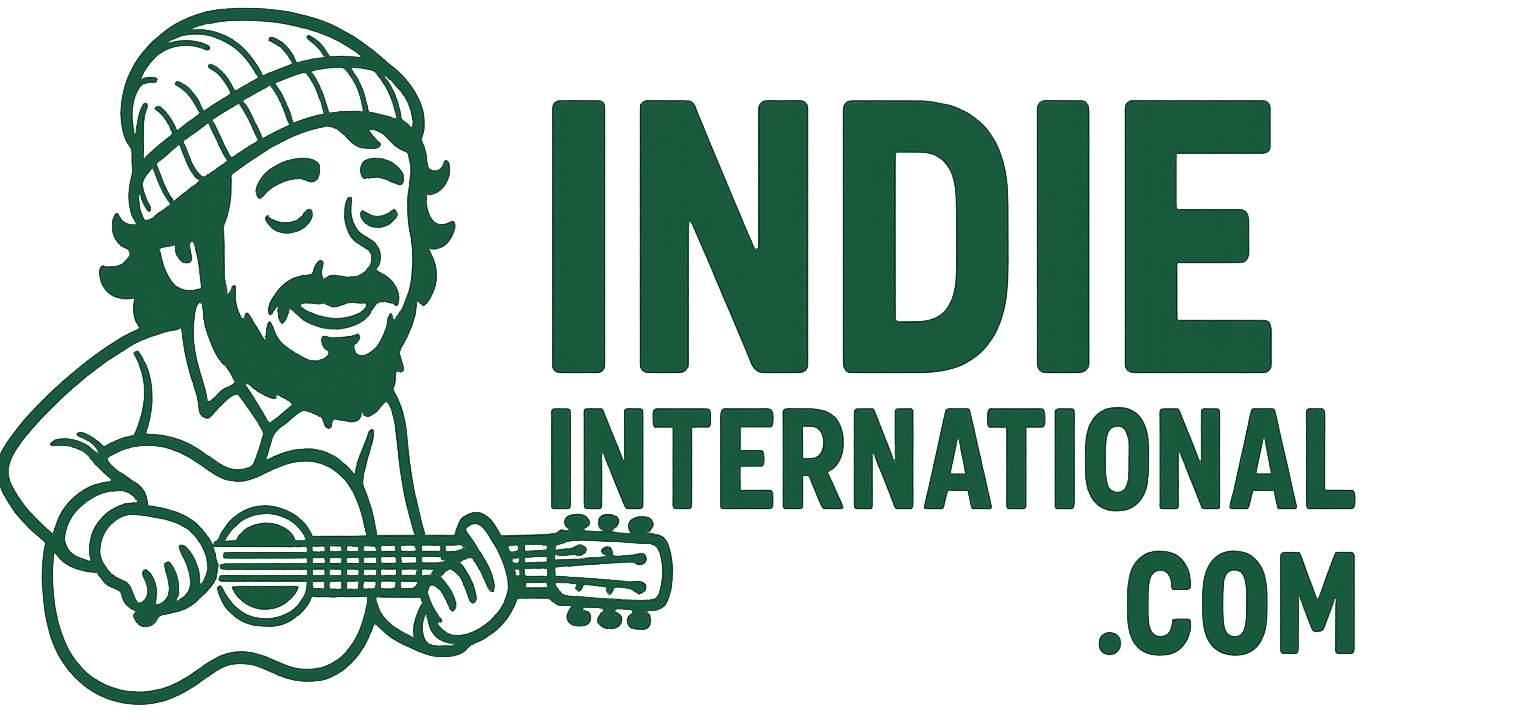An Electronic Press Kit (EPK) is one of the most powerful tools a songwriter can have. It’s your digital business card, portfolio, and introduction all rolled into one. Over time, I realized that having a well-crafted EPK made a huge difference in how industry professionals perceived me and my work. Whether you’re pitching songs to publishers, connecting with collaborators, or reaching out to media, a strong EPK can open doors.
If you don’t have an EPK yet, or if yours feels incomplete, I want to share exactly what I include in mine and why. Building an effective EPK is about showcasing your artistry professionally while making it easy for others to understand your style, achievements, and potential. Here’s a comprehensive guide to what every songwriter should include in their electronic press kit.
What Is an EPK?
First, an EPK is an online portfolio or digital package designed to promote your music career. Unlike a traditional resume, it’s visually engaging and includes multimedia elements like audio, video, and images. It’s what you send to industry insiders, venues, bloggers, and anyone who might want to learn about you quickly and thoroughly.
Your EPK serves as a one-stop resource, combining your biography, music samples, press coverage, and contact info. In my experience, having everything organized and professional makes people more likely to take you seriously and consider working with you.
Essential Components of a Songwriter’s EPK
1. Professional Biography
Your biography is the heart of your EPK. I make mine clear, concise, and compelling, highlighting my songwriting journey, influences, and accomplishments.
Avoid generic language or clichés. Instead, focus on what makes you unique as a songwriter. Include notable placements, collaborations, awards, or publishing deals. If you’ve written for well-known artists or had songs featured in media, mention those as well.
Keep the bio updated regularly to reflect your latest milestones.
2. High-Quality Photos
Visuals create an immediate impression. Including professional photos shows you take your career seriously.
I include several shots: a headshot for press use, candid behind-the-scenes photos, and images from live performances or studio sessions.
Make sure photos are high resolution and suit your musical style. For example, a pop songwriter might opt for bright, polished images, while a folk writer could choose more natural, intimate shots.
3. Music Samples
At the core of your EPK are your songs. I feature 3-5 of my strongest tracks, preferably fully produced demos or finished recordings.
Embedding audio players or links to streaming platforms allows visitors to listen right away. It’s important to showcase a variety of styles if your writing spans genres.
Including lyrics or brief stories behind the songs can add context and deepen interest.
4. Video Content
Videos offer a dynamic way to connect with your audience. I include lyric videos, live performances, and behind-the-scenes clips showing my writing process.
A short intro video or interview can also give a personal touch. If you’ve had songs placed in TV shows, including clips from those shows can be powerful proof of your work’s reach.
5. Press and Testimonials
Social proof builds credibility. I include excerpts from media coverage, reviews, or blog features that highlight my songwriting.
Testimonials from collaborators, producers, or artists who’ve worked with me help paint a fuller picture of my professionalism and talent.
Even brief quotes can reassure publishers or industry people that you’re serious and respected.
6. Songwriting Credits and Achievements
Listing your notable songwriting credits is crucial. I provide a clear, organized list of songs, including the artist, release date, and any chart or streaming successes.
If you’ve won or been nominated for songwriting contests, awards, or received grants, I make sure those are featured too.
This section demonstrates your experience and success in the field.
7. Contact Information
Your EPK should make it effortless for people to reach you. I provide an email address dedicated to professional inquiries, phone number if comfortable, and links to my social media profiles.
Including the contact for my publishing company or management (if applicable) is helpful for direct business inquiries.
8. Downloadable Materials
Some industry pros prefer to have materials offline. I include downloadable PDFs of my bio, press kit, and high-res photos.
This allows recipients to save and share your information easily.
9. Links to Online Presence
Linking to your official website, social media channels, YouTube, and streaming profiles rounds out your EPK.
I ensure these links are up to date and consistent in branding, making it easy for people to explore more of my work.
Additional Tips for Creating an Effective EPK
Keep It Professional and Polished
Your EPK represents your brand. I avoid clutter and keep the design clean and easy to navigate.
Investing in a good website platform or professional help to create your EPK can pay off.
Tailor Your EPK for Your Audience
Sometimes, I adjust my EPK depending on who I’m sending it to. For example, a music supervisor might want to see sync placements prominently, while a publisher might focus more on songwriting credits.
Update Regularly
An outdated EPK can hurt your chances. I review mine every few months and update songs, credits, and photos to keep it current.
Make It Easy to Access
I keep my EPK on a website or cloud-based link that’s easy to share and mobile-friendly.
Be Honest and Authentic
Your EPK should reflect your true artistry and personality. Authenticity resonates with people more than a forced persona.
Final Thoughts
An effective songwriter’s EPK is a key asset in today’s music industry. It’s your digital handshake and first impression rolled into one.
By including a professional bio, quality photos, strong music samples, video content, press, credits, and clear contact info, you set yourself up to make meaningful connections and advance your career.
Investing time in creating and maintaining your EPK will pay dividends in how others perceive and respond to your music.

